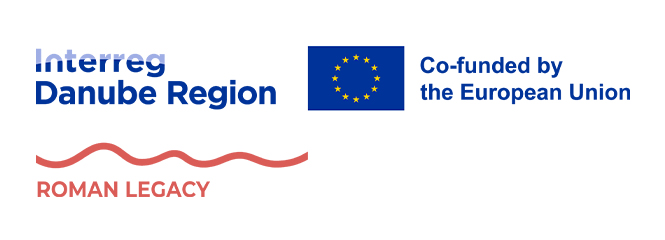The 10th coordination meeting of the "Tourism Strategy Group in the EU Strategy for the Danube Region" took place on 19 February at the Federal Ministry of Labour and Economy. Raffaela Woller presented the new project of the Center for Cultural Property Protection "ROMAN LEGACY".
Following the adoption of the EUSDR in 2011, the Austrian Federal Ministry of Labour and Economy set up a strategy group for PA 3 (Priority Area 3) "Culture and Tourism" to support the exchange between Austrian stakeholders in Danube tourism. Since then, this strategy group, whose members include the Working Group (ARGE) Danube Austria, various state tourism offices and organisations, federal ministries, the private sector, universities and NGOs, has met every one to two years to discuss current developments and find synergies.
In the first part of this year's meeting, several presentations provided information on the current tourism policy of the European Union, which has been guided by two new central documents on the green and digital transition in tourism since 2022 (Transition Pathway for Tourism and the European Agenda for Tourism 2030). Additionally, a review of Austria's chairmanship of the EUSDR in 2024 was given. The current activities of PA 3 "Culture and Tourism" were presented, and information was provided on the support of the EUSDR by the Danube Strategy Point.
In the second part of the coordination meeting, project sponsors from the Danube region were given the opportunity to present their current projects in short presentations and to network and exchange ideas afterwards. Every year, valuable synergies are created in this context, which have a positive and sustainable impact on cooperation in Austrian Danube tourism.
The Center for Cultural Property Protection at the University for Continuing Education Krems was also represented again this year with a new project. In a short presentation, Raffaela Woller, scientific staff member of the Center for Cultural Property Protection, presented the new Interreg Danube Region project ROMAN LEGACY, which will start on April 1, 2025, and will be implemented in the Danube region by a total of 54 partner organisations from eleven countries over the next three years. The aim of the project is to create a thematic region along the Roman Danube Limes and to develop a European cultural route, which will be submitted for certification as a cultural route of the Council of Europe in the final phase of the project.
Queries
Tags
